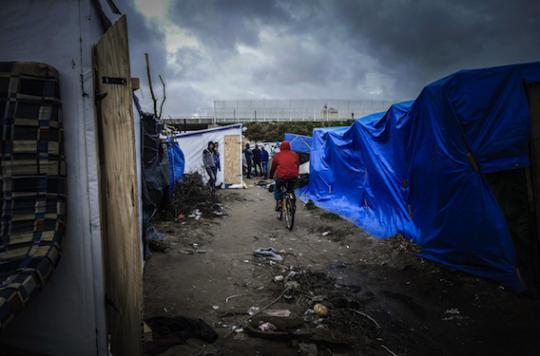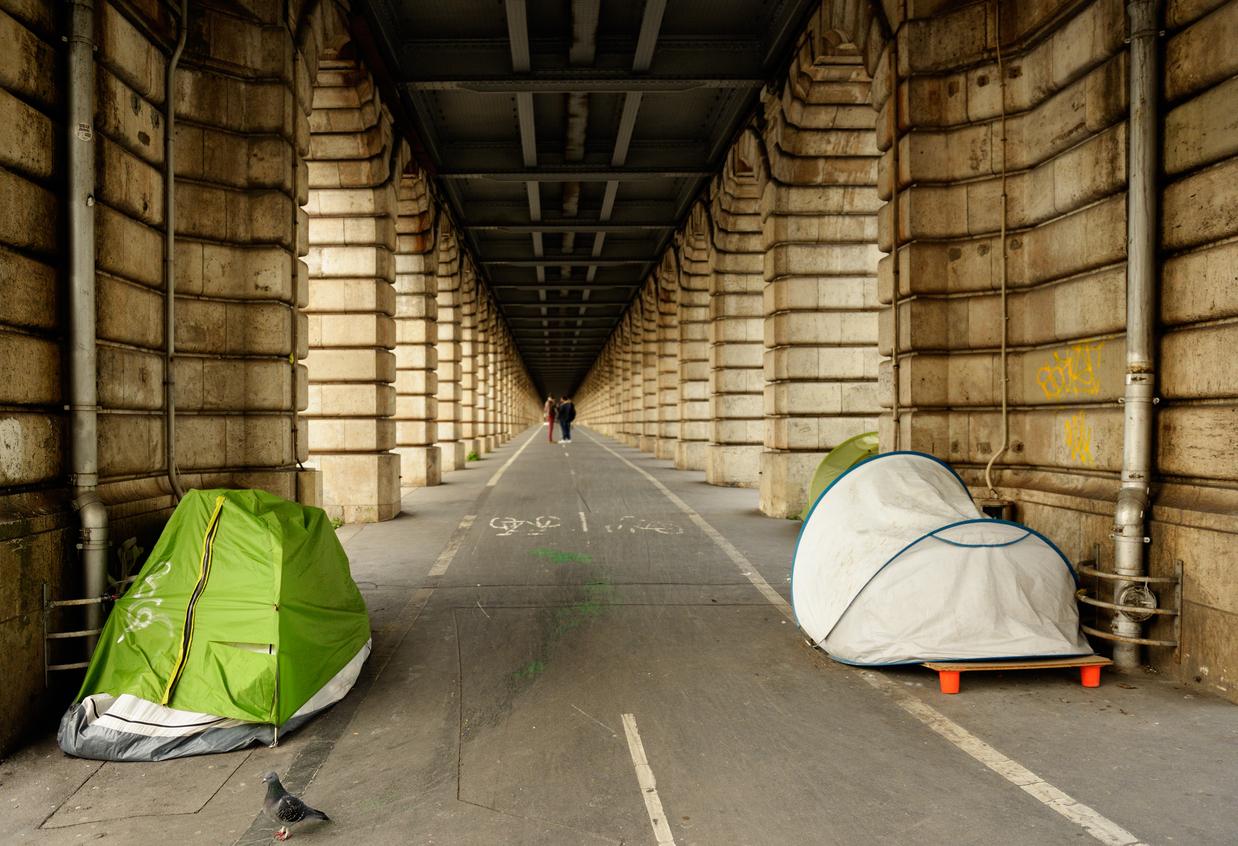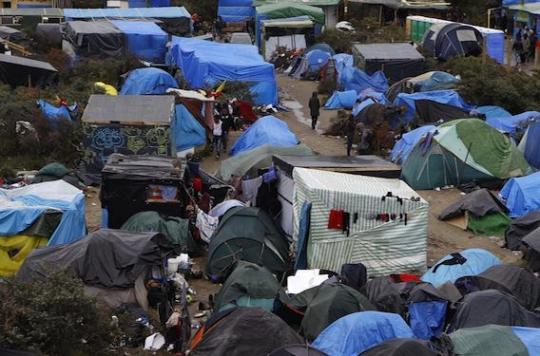The Council of State confirms the decision of the administrative court of Lille ordering the establishment of water points and latrines to improve the living conditions of migrants.

The Council of State has just recognized the health emergency in the Calais “Jungle”, where more than 4,500 migrants live. This Monday, thethe summary judge of the highest French court confirms the order of November 2 of the administrative court of Lille.
By this court decision, the Council of State found fault with the government and the city of Calais who had appealed, considering that the unsanitary conditions of the camp were not the result of a deficiency.
Like the administrative court of Lille, the Council of State considered that no breach can be blamed on the public authorities with regard to the feeding of migrants. On the other hand, insufficient access to drinking water, the non-collection of garbage inside the camp and the impossibility for emergency vehicles to circulate are “very likely to expose the migrants living on the site. to inhuman or degrading treatment, ”notes the Council of State.
Creation of water points and toilets
The summary judge therefore approved the decision of the Lille administrative court and condemned the State and the municipality of Calais to take emergency measures. They now have 8 days to set up 10 additional water points, 50 latrines, additional garbage collection devices, site cleaning and creation of access for emergency services.
In addition, Médecins du Monde and Secours Catholique – the two NGOs at the origin of this summary – had also requested the census of minors with a view to their care. At the beginning of November the administrative court of Lille then ordered their identification within 48 hours. But it is clear 3 weeks later that these minors in distress have still not been identified and taken care of. “The judge of the Conseil d’Etata thus confirmed the injunction made to the prefect of Pas-de-Calais to proceed, very quickly, to the census of these minors and to approach the department of Pas-de-Calais in view of their placement ”, indicates the supreme court.
.

















